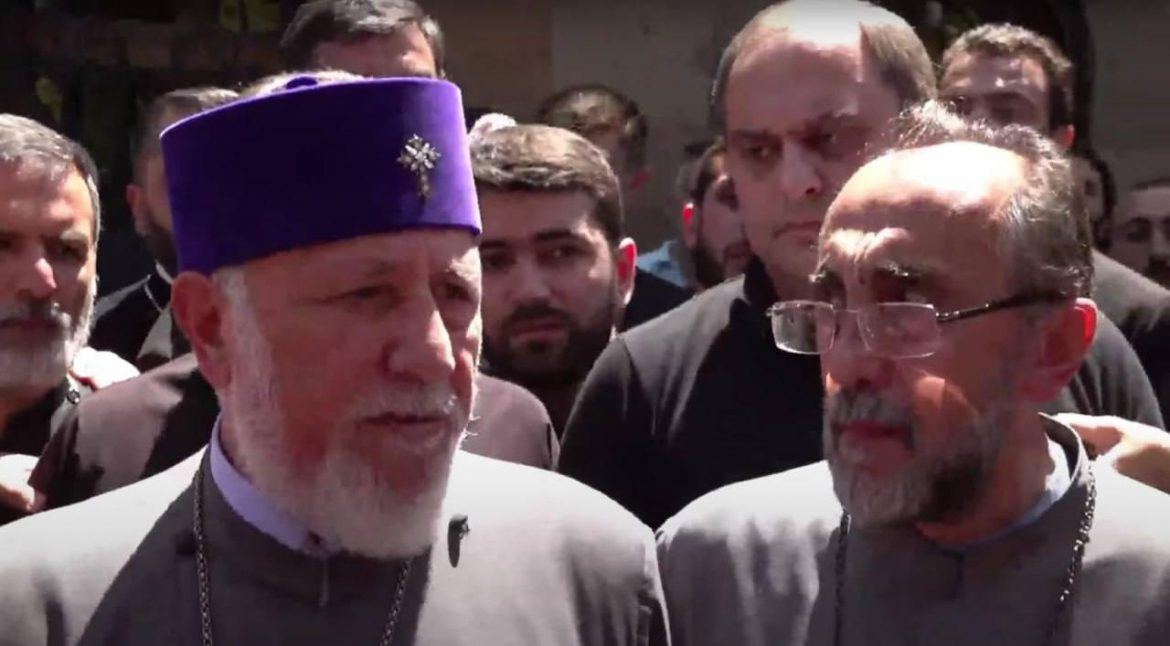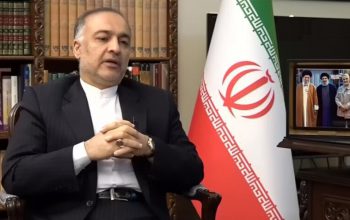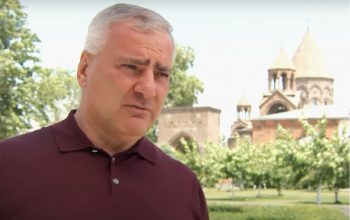Despite championing democracy on the international stage, Armenian Prime Minister Nikol Pashinyan continues to take increasingly authoritarian steps to silence dissent ahead of the June 2026 elections. In a dramatic escalation, security forces clashed with clergy and faithful of the Armenian Apostolic Church on Friday as they attempted to detain Archbishop Mikael Ajapahyan, a prominent critic of Pashinyan’s rule.
The confrontation unfolded at the Mother See of Holy Echmiadzin, the spiritual center of the Armenian Church, where masked officers from the National Security Service (NSS) attempted to seize the 61-year-old archbishop on charges of inciting the violent overthrow of the government. The operation failed when other clergymen and worshippers physically blocked the arrest, leading to scuffles and a tense standoff that lasted hours.
Ajapahyan later agreed to voluntarily turn himself in, a decision reportedly coordinated with Church leadership. But the arrest attempt, coming just days after the detention of another outspoken archbishop and amid Pashinyan’s threats to forcibly remove Catholicos Garegin II, has been widely condemned as a politically motivated attack on the Church and a warning to other critics.
Hundreds of riot police and security forces were deployed to Echmiadzin following the confrontation, underscoring the government’s readiness to use force to achieve its aims. Protesters, summoned by Church leaders and opposition groups, repelled an attempted breach of the compound. The NSS later retreated, though it accused Ajapahyan of hiding and warned supporters against “provocation.”
Ajapahyan and his attorney refuted the government’s narrative, saying he was never summoned for questioning and had always been available to authorities. The Mother See echoed this, calling the NSS raid a violation of legal and religious norms.
“What we witnessed today was not law enforcement—it was political theater,” said one church official. “This was designed to humiliate, to intimidate, and to send a message.”
The timing of the charges is suspicious. The alleged offense—comments made by Ajapahyan in early 2024—went unprosecuted for over a year. Critics say the government deliberately delayed legal action to stage a public spectacle at Echmiadzin during an annual clergy summit, aiming to delegitimize the Church’s leadership and consolidate power.
Pashinyan’s pressure campaign against the Church began in earnest a month ago and appears to be accelerating. On Thursday, he openly threatened to evict Catholicos Garegin from Echmiadzin if the Church leader did not resign—threats repeated again on Friday. Observers view these ultimatums as a prelude to a state-orchestrated takeover of Armenia’s oldest national institution.
Supporters of the prime minister claim the Church is undermining national unity, but many see Pashinyan’s actions as a bid to suppress one of the last bastions of institutional resistance to his deeply unpopular concessions to Azerbaijan. Detractors argue that by dismantling traditional centers of Armenian identity and resistance, Pashinyan is facilitating a regional agenda pushed by outside powers.
Ironically, these heavy-handed tactics come as Pashinyan continues to court Western approval by touting Armenia’s “progress” on democratic reforms. But the contrast between rhetoric and reality is becoming impossible to ignore. With the 2026 elections approaching, critics warn that Pashinyan is less interested in democracy than in ensuring uncontested rule.
As Archbishop Ajapahyan told his supporters before walking part of the way to Yerevan to surrender: “We won this battle, but the struggle continues.”




